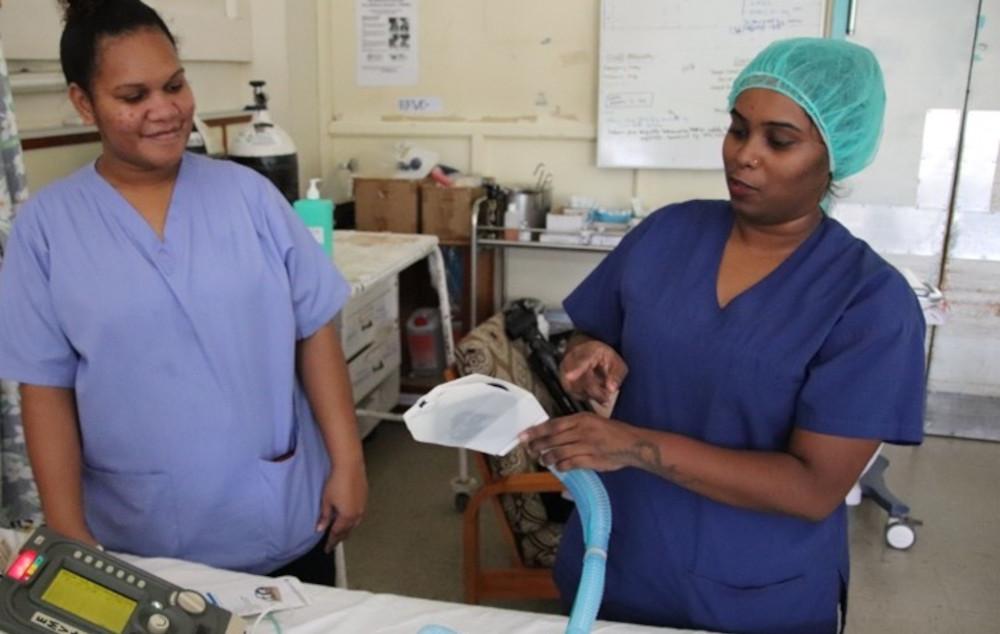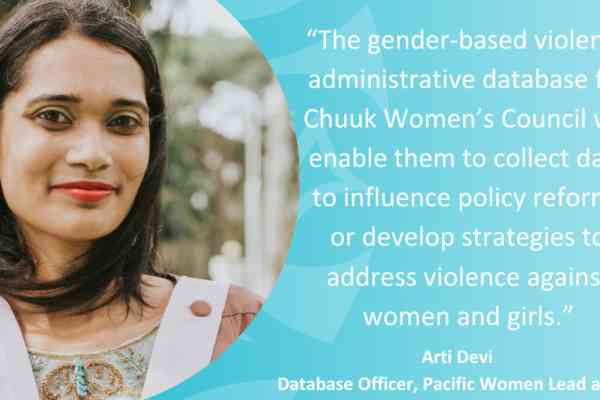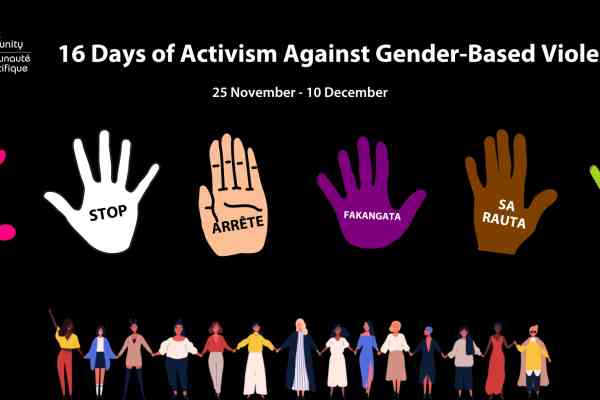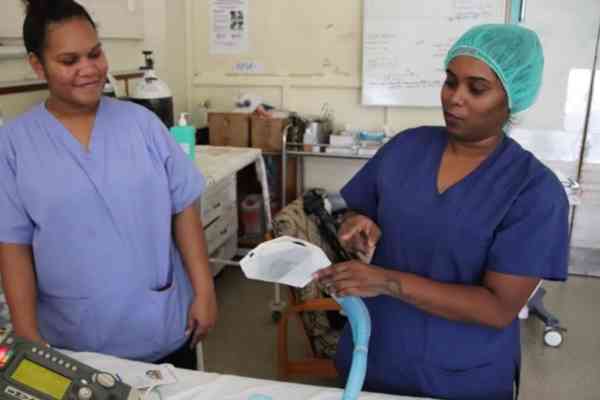Series of stories for 16 Days of Activism against Gender-Based Violence 2022
In the Pacific, women represent 75 percent of the nursing workforce and 48 per cent of doctors – a significant increase of 18 per cent in female doctors in the past 10 years, since 2012.
The landscape is changing for women in health as professional development opportunities increase, along with support to governments ensuring their national plans and regional commitments achieve equal opportunities for women.
“We are witnessing more women in health, taking up opportunities to study further and specialise,” said Berlin Kafoa, Director of SPC's Public Health Division PHD) Director, who has worked in the health sector for the past 25 years.
“When we think of women in health typically what comes to mind is nurses mainly, however, increasingly women are stepping up into senior leadership roles,” he said.
SPC is contributing to the change to have more women in senior leadership roles in the health sector. One of its focus areas is to provide increasing support for capacity building opportunities for women in health. In the past 5 years of the PHD training opportunities funded by SPC, 64% are women.
“We will continue to support women in health in the Pacific region with a focus on opportunities for continuing professional development and leading health,” Berlin said.
“Breaking the bias to create equal opportunities starts from within; as a division, 62% of our staff are women, with 3 out of the 5 team leader roles led by women,” he said.
The Public Health Division provides Pacific Island Countries and Territories (PICTs) with technical support through clinical services, infection, prevention and control, laboratory and surveillance, risk communications, trainings and biomedical services.
SPC is committed to improving gender equality, women’s empowerment and ending violence against women and girls. Violence against women and girls (VAWG) is both a cause and a consequence of gender inequality – programmes that work to improve gender equality and women’s empowerment contribute to ending gender-based violence.
This story is part of a series being published by SPC during this year’s 16 Days of Activism against Gender-based Violence (GBV) to demonstrate how science and technical approaches directly contribute to gender equality and ending VAWG. Refer to this year’s SPC 16 Days web-page for more details.



